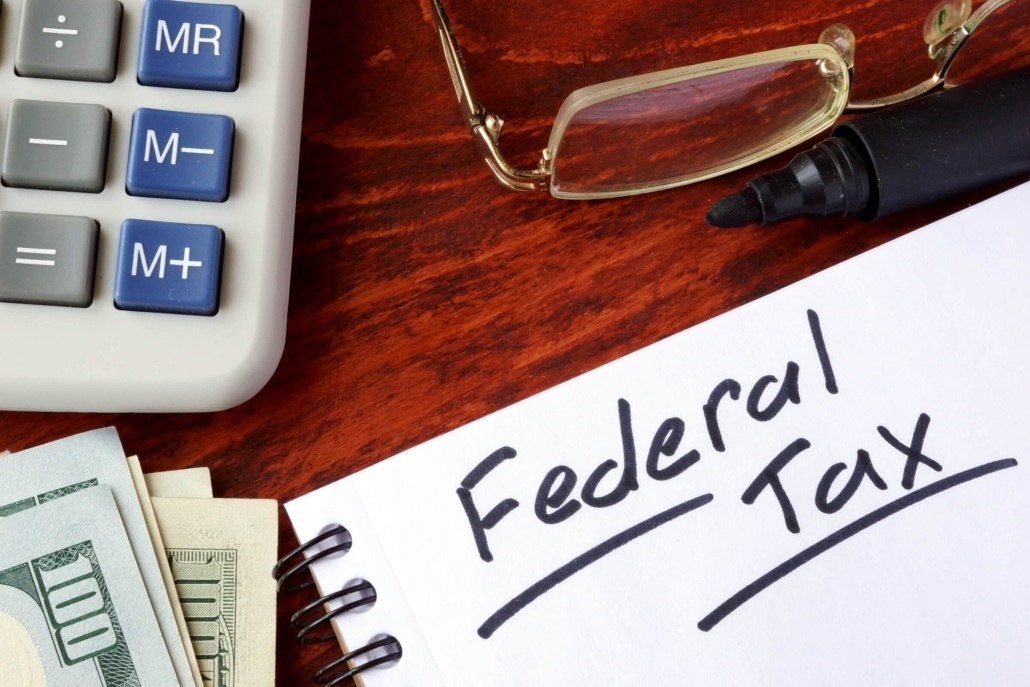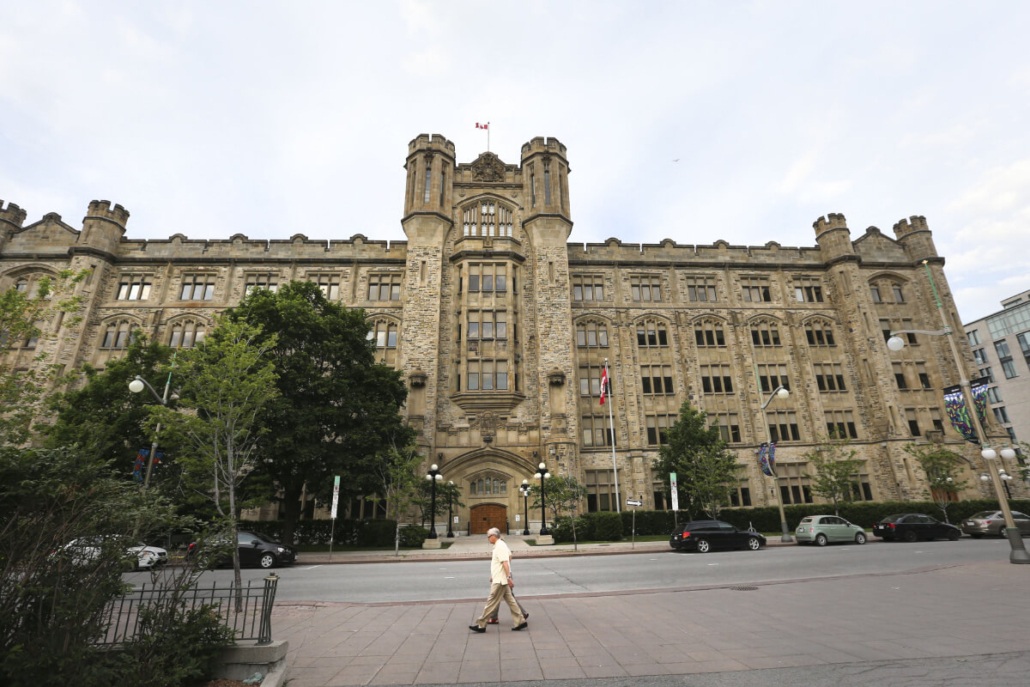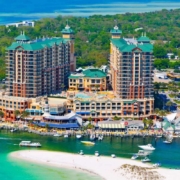Tax on Airbnb income in Vancouver
If you are a resident of Vancouver, Canada, and earn income from hosting guests on Airbnb, you may be subject to taxes on that income. The tax rules for Airbnb hosts in Vancouver can be complex, but this definitive guide will provide you with everything you need to know.
Airbnb Management in Vancouver
What is Airbnb?
Airbnb is an online marketplace that connects people looking for accommodations with hosts who have extra space to rent out. The platform has become very popular in recent years, and many Vancouver residents use it as a way to earn extra income.
Explore Why Investing in Airbnb in Vancouver is a Great Idea.

Income Tax
When you earn money from sharing your living space through platforms like Airbnb, the Canada Revenue Agency (CRA) mandates that you declare this income on your taxes. This revenue could be classified as either property rental income or as income from self-employment, depending on the additional services provided to guests.
Income is usually considered rental if basic amenities such as heating, electricity, parking, and access to laundry are provided. If services extend beyond these basics, like offering meals, enhanced security services, or regular cleaning, then the income might be viewed as deriving from a business activity.
How to Report Your Earnings
For Rental Income: If your income is identified as coming from property rental, it should be reported using Form T776, Statement of Real Estate Rentals, which is included with your income tax and benefit return.
For Business Income: If your income is determined to be from business activities, it must be declared using Form T2125, Statement of Business or Professional Activities, also included with your income tax and benefit return.
Understanding Tax Implications
Tax rates for the year 2024 are progressive, meaning they increase as your taxable income increases. This taxable income is what remains after all eligible deductions, credits, and exemptions are applied.
Federal Tax Rates for 2024: These rates progress from 15% to 33% across various income ranges, starting from incomes of $55,867 and below, extending to incomes over $246,752.
British Columbia Tax Rates for 2024: Provincial tax rates vary from 5.06% to 20.5%, applied to income brackets starting from $47,937 and below, up to incomes exceeding $252,752.
Accurate record-keeping and an understanding of the classification of your income are vital for tax compliance and optimization. Utilizing available deductions, credits, and benefits can considerably reduce the tax you owe. Consulting with a tax professional can help ensure you report your income correctly and take advantage of all tax benefits.
Taxes on Short-term Rentals in British Columbia
In British Columbia (BC), accommodations booked through platforms like Airbnb, VRBO, and other online marketplace facilitators are subject to several taxes and fees that collectively impact the final price paid by guests. These include:
- Provincial Sales Tax (PST): This tax applies at a rate of 8% on the booking price of short-term rentals. The PST is a standard sales tax charged on most goods and services in BC, and accommodations are no exception.
- Municipal & Regional District Tax (MRDT): Charged at a rate of 3%, the MRDT is collected in most major cities within BC. This tax is specifically designed to fund tourism marketing and projects at the municipal and regional levels, helping to promote the area as a travel destination.
- Major Event MRDT: An additional tax of 2.5%, introduced on February 1, 2023, and set to remain in effect until January 31, 2030. This temporary tax aims to support major events within the region, enhancing the area’s appeal and infrastructure for hosting significant gatherings.
- Goods & Services Tax (GST): On top of the aforementioned taxes, a 5% GST is applied to the total purchase price. This federal tax is levied on most goods and services across Canada, including short-term accommodations.
Beyond these taxes, guests might also encounter additional charges like guest services fees and cleaning fees, which vary by listing and are set by the hosts.
In BC, the general sales tax on most goods and services totals 12% of the purchase price, combining the 7% PST with the 5% GST. It’s noteworthy that alcohol is taxed at a higher rate of 15%, comprising 10% PST plus 5% GST.
For hosts, understanding these tax obligations is crucial for pricing strategies and compliance with tax regulations. Guests booking accommodations should also be aware of these added costs when planning their stays. These taxes and fees contribute to the broader economic and tourism initiatives within BC, supporting local services, events, and attractions that benefit residents and visitors alike.
Are There Any Deductions I Can Claim as an Airbnb Host in Vancouver?
Yes, there are several tax deductions that you may be able to claim as an Airbnb host in Vancouver. These may include expenses related to hosting guests, such as cleaning fees, utilities, and repairs. You may also be able to claim a portion of your home’s expenses, such as mortgage interest, property taxes, and home insurance.
How Can I Ensure That I Am Compliant with Tax Laws as an Airbnb Host in Vancouver?
The best way to ensure that you are compliant with tax laws as an Airbnb host in Vancouver is to keep detailed records of your income and expenses and report your income to the CRA. You may also want to consult with a tax professional to ensure that you are claiming all available deductions and minimizing your tax liability.
How Can I Make Paying Taxes on My Airbnb Income Easier?
There are several tools and resources available that can make paying taxes on your Airbnb income easier. For example, Airbnb offers a tool called “Airbnb Host Assist” that can help you keep track of your income and expenses and generate tax reports. Additionally, several accounting software programs are designed specifically for Airbnb hosts.
Are There Any Other Regulations That I Need to Be Aware of as an Airbnb Host in Vancouver?
In addition to tax regulations, there are several other regulations that you may need to comply with as an Airbnb host in Vancouver. For example, you may need to obtain a business license or a short-term rental permit, depending on the type of accommodation you are offering and the location of your property. You may also need to comply with zoning regulations and safety standards.
Read about Airbnb Regulations in Vancouver .
Where Can I Get More Information About Taxes for Airbnb Hosts in Vancouver?

If you have additional questions about taxes for Airbnb hosts in Vancouver, you can consult with a tax professional or contact the Canada Revenue Agency directly. Additionally, Airbnb offers a resource center for hosts that includes information about tax obligations and other regulations.
How Can I Estimate My Taxes as an Airbnb Host in Vancouver?
If you are an Airbnb host in Vancouver, it can be helpful to estimate your tax liability ahead of time to avoid any surprises when it comes time to file your taxes. To do this, you will need to calculate your gross income from Airbnb and subtract any eligible deductions, such as cleaning fees and utilities. You can then use this amount to estimate your tax liability using the appropriate tax rates for your income level. However, keep in mind that tax laws and rates can change from year to year, so it is important to stay up-to-date on any changes that may affect your tax liability.
What Are Some Tips for Minimizing My Tax Liability as an Airbnb Host in Vancouver?
There are several strategies that you can use to minimize your tax liability as an Airbnb host in Vancouver. One approach is to keep detailed records of your expenses and claim all eligible deductions. Another approach is to consider structuring your hosting activities as a business, which may allow you to claim additional deductions and take advantage of other tax benefits. Additionally, it can be helpful to consult with a tax professional who can guide the most effective ways to minimize your tax liability.
What Are the Penalties for Failing to Comply with Tax Regulations as an Airbnb Host in Vancouver?
Neglecting to adhere to tax laws as an Airbnb host in Vancouver can have significant consequences, including financial penalties and additional charges. Here’s a general overview:
- Implications of Misreporting or Omissions: If you incorrectly report or fail to disclose certain information on your tax returns, the Canada Revenue Agency (CRA) implements stringent penalties. The penalties can range from a fixed amount of $100 to half of the sum related to either understated taxes or overstated credits, depending on the severity of the mistake or omission.
- Penalties for Non-disclosure of Income: Should you not report an income of $500 or more, you might face a penalty. This penalty is calculated as either 10% of the income you did not report or 50% of the difference between the actual tax withheld and the tax or credits that were overstated, depending on which is lower.
Conclusion
In conclusion, as an Airbnb host in Vancouver, it is important to be aware of your tax obligations and comply with tax laws. By keeping detailed records, claiming all available deductions, and reporting your income to the CRA, you can ensure that you are compliant with tax regulations and avoid penalties and interest charges. Additionally, it is important to be aware of other regulations that may apply to your Airbnb hosting activities and to seek guidance from experts when necessary. With the right tools and resources, paying taxes as an Airbnb host in Vancouver can be a manageable and straightforward process.
Check out Tax on Airbnb income in Edmonton and What You Need to Know About Vaughan Airbnb Income Taxes.












